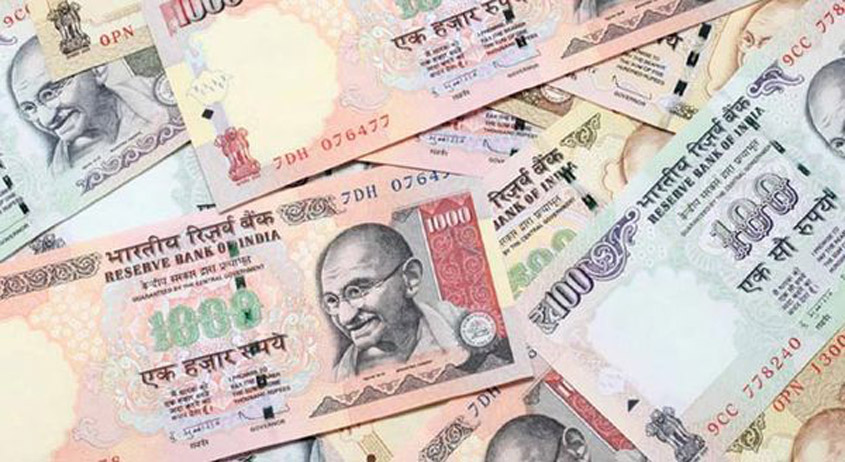Political parties have been cold about the idea of state funding of elections. An earlier exercise to elicit their views on the issue had also failed to generate any enthusiasm.
Prime Minister Narendra Modi, soon after demonetisation of Rs 500 and Rs 1000 currency notes, mooted the idea, along with simultaneous Lok Sabha and Assembly elections, to improve transparency in public life, combat corruption and check the use of black money. However, earlier, there was lukewarm response by political parties to the Indrajit Gupta Committee set up by the previous NDA government that was led by Atal Behari Vajpayee in 1998.
The successive Congress governments hardly took any interest on the issue. In 1971, a Joint Committee of Parliament, headed by Jagannath Rao, said that “a process should be initiated whereby the burden of legitimate election expenses at present borne by the candidate or the political party would be progressively shifted to the state”. Subsequently, in 1990, the Goswami Committee on Electoral Reforms recommended “grant of State assistance in kind to candidates set up by recognized political parties”.
Some legislative steps were initiated in this direction by introduction of Representation of the People (Amendment) Bill, 1990, in Rajya Sabha, but it was withdrawn in June 1993 on the plea that a more comprehensive bill was required.
However, soon after coming to power, the NDA government headed by Vajpayee, convened an all-party meeting on 22 May 1998. The meeting, held under the chairmanship of the then Home Minister L.K. Advani, decided to constitute a committee to look into the possibility of holding elections from the state funds. The committee headed by Indrajit Gupta, consisted of Somnath Chatterjee, Manmohan Singh, Madhukar Sarpotdar, Vijay Kumar Malhotra, R. Muthaiah and Digvijay Singh and Ram Gopal Yadav.
The committee saw “full justification—constitutional, legal as well as on grounds of public interest—for grant of State subvention to political parties, so as to establish such conditions where even the parties with modest financial resources may be able to compete with those who have superior financial resources, on a level playing field with a fair chance of success at the hustings”.
However, the political parties’ response to the Committee was cold. There was practically no word from the parties in response to the Committee’s communications to the presiding officers of the state legislatures for their views. Subsequently, the Committee directly asked them to elicit their opinion on the matter. The Committee also made a similar request to the state governments at that time.
“Yet again, there was a very poor response from the political parties, that too in a matter which so significantly affects them. Therefore, they were again reminded. Out of seven national parties, only five—BJP, CPI, CPI-M, Congress and Janata Dal—gave their views. And out of 43 recognised state parties only 12 responded in the matter,” the report pointed out.
The regional parties which responded were Trinamool Congress, Asom Gana Parishad, Forward Bloc, DMK, Hill State People’s Democratic Party, Janata Party, Lok Shakti, Maharashtra Gomantak Party, Samajwadi Janata Party, Sikkim Democratic Front, Tripura Upajati Juba Samity and United Goans Democratic Party.
The state governments’ approach was also lukewarm. Only the state governments of Arunachal Pradesh, Goa, Himachal Pradesh, Jammu & Kashmir, Madhya Pradesh, Manipur, Meghalaya, Mizoram, West Bengal, National Capital Territory of Delhi and Union Territories of Chandigarh and Pondicherry responded to the Committee.
Following the Indrajit Gupta Committee, the Law Commission brought out a detailed report on Reform of the Electoral Laws in 1999. It concluded that the total state funding of elections is “desirable” so long as political parties are prohibited from taking funds from other sources. The Commission agreed with the Indrajit Gupta Committee that only partial state funding was possible given the economic conditions of the country at that time.
No follow-up action was taken by the UPA government for 10 years on the Indrajit Gupta Committee’s recommendations and the issue remained in cold storage.

